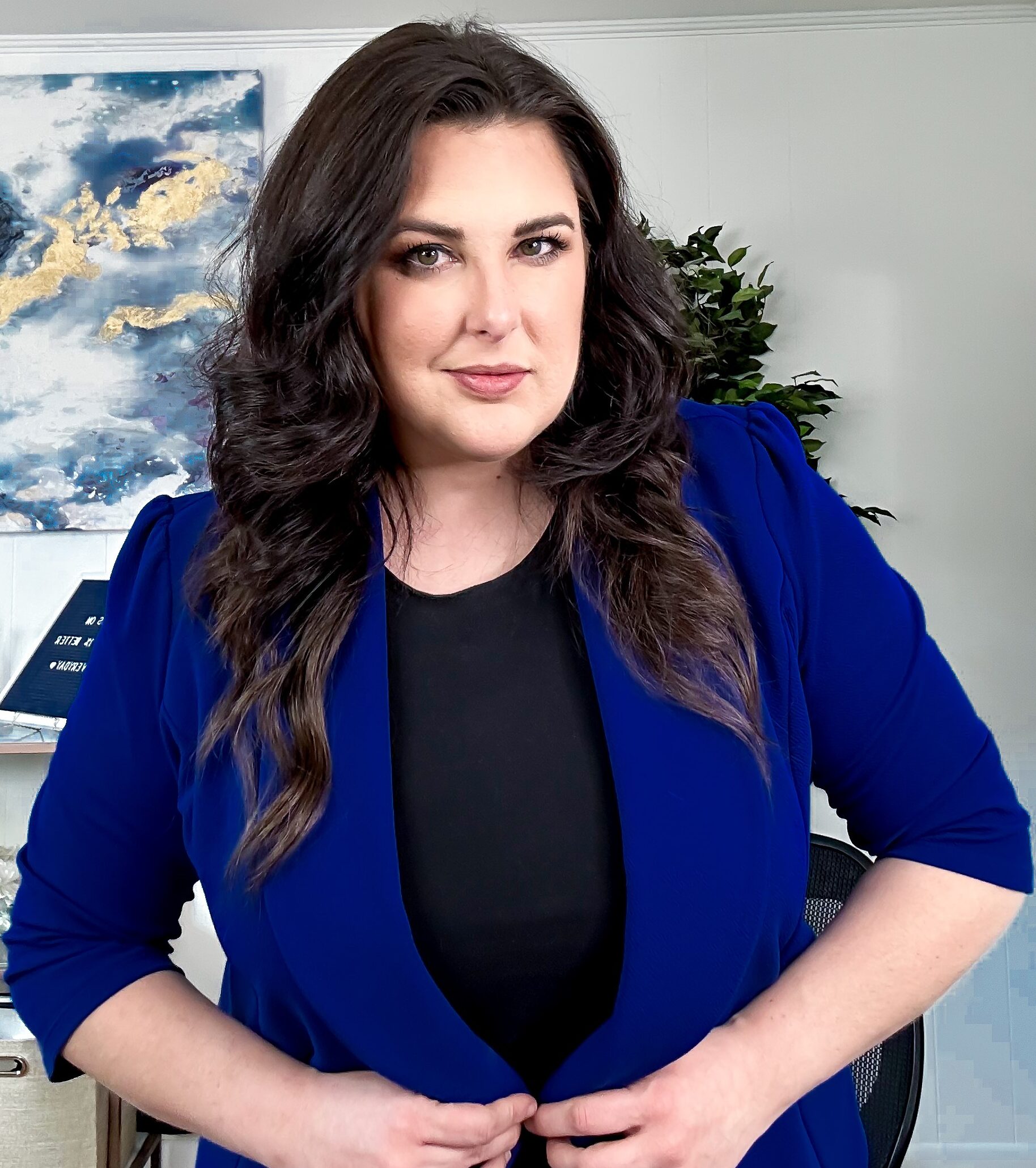- Understanding Today’s Job Market for Seniors
- Federal and State Employment Programs for Seniors
- Education and Retraining Opportunities
- How To Write a Resume for Senior Professionals
- Overcoming Age Bias in the Hiring Process
- Modernize Your Digital Presence
- Job Search Strategies and Networking for Seniors
- Balancing Work and Retirement Goals
- Explore Flexible Work Options
- Frequently Asked Questions About Senior Employment
Older workers bring experience, reliability, and strong work ethics to the modern job market. Yet, many face unique challenges from age bias to changing technology expectations. However, robust senior employment programs, training initiatives, and resume strategies can help you stay competitive and confident in your career journey.
This guide explores practical resources for mature professionals seeking meaningful employment, including government programs, retraining options, resume tips, and online tools to strengthen your job search.
Key Takeaways
- Federal and state programs, such as the Senior Community Service Employment Program (SCSEP) and AARP’s Back to Work 50+, provide valuable training and employment support for older workers.
- Updating your resume, LinkedIn profile, and digital skills can combat age bias and open new opportunities.
- Use senior-focused job boards and networking events to connect with employers who value experience.
- Lifelong learning and flexibility are the cornerstones of a successful second career.
Understanding Today’s Job Market for Seniors
The Value Of Experience
Employers increasingly recognize the advantages of older workers: mentorship, dependability, and industry insight. Seniors often excel in roles that require leadership, communication, and critical thinking.
Common Challenges For Older Job Seekers
Older professionals may encounter age discrimination or uncertainty about technology despite their strengths. Recognizing these barriers allows you to proactively address them through training, updated resumes, and targeted applications.
How Technology Is Reshaping Opportunities
Digital transformation has expanded remote work, part-time consulting, and freelance opportunities. For seniors, learning digital tools can unlock flexible, rewarding career paths.
Federal and State Employment Programs for Seniors
Senior Community Service Employment Program
SCSEP is a national initiative that helps low-income job seekers aged 55 and older gain part-time, paid training in nonprofit and public organizations. Participants learn on-the-job skills while contributing to their communities. Visit CareerOneStop.org to find SCSEP offices near you.
AARP Foundation Programs
AARP offers career training and placement programs, such as Back to Work 50+, which provides free coaching, resume support, and job search resources for mature professionals.
Local Workforce Centers And State Resources
Many states have workforce development agencies that provide resume workshops, computer classes, and job listings tailored to older workers. Your local American Job Center can help you access these opportunities.
Education and Retraining Opportunities
Community Colleges And Continuing Education
Community colleges often offer discounted or free courses for seniors in technology, business, or health care. These short programs can refresh your skills and demonstrate adaptability to employers.
Online Learning And Certifications
Websites like Coursera, LinkedIn Learning, and edX allow flexible, self-paced learning. Focus on in-demand certifications, such as project management, bookkeeping, customer service, or data literacy.
Lifelong Learning Benefits
Continuous learning keeps you sharp, confident, and current. Employers appreciate candidates who show initiative; certifications or recent coursework can boost your resume’s relevance.
How To Write a Resume for Senior Professionals
Focus On Recent And Relevant Experience
You don’t need to list every job from decades past. Highlight the most recent 10 to 15 years of experience, emphasizing roles that align with your current career goals. For more help on structure, see resume formats.
Use A Modern, Streamlined Format
Avoid outdated design elements, such as objective statements or dense paragraphs. Instead, use concise bullet points, active verbs, and clear section headings. Explore free resume templates for accessible, contemporary options.
Emphasize Skills And Accomplishments.
Rather than listing job duties, focus on measurable results. Example:
- “Improved client retention by 30% through proactive communication and training.”
- “Led a team of 10 employees to exceed quarterly sales goals by 15%.”
Keep Your Contact Details Current
Use a professional email address and include only relevant contact info — no need to include your full street address. For formatting help, visit Resume.org’s career resources.
Overcoming Age Bias in the Hiring Process
Modernize Your Digital Presence
Create or update your LinkedIn profile to reflect your current skills and experience. Use a recent, professional photo and write a headline highlighting your value — such as “Experienced Project Coordinator Specializing in Process Improvement.”
Highlight Adaptability And Continuous Learning
Employers value lifelong learners. Mention technology tools, collaboration platforms, or software you’ve used recently to show you’re tech-savvy and adaptable.
Prepare For Age-Related Interview Questions
If asked about longevity or technology, keep your answers positive and forward-looking. Example: “I’ve always been eager to learn new systems, and I’ve recently completed an online course on digital project management.”
Job Search Strategies and Networking for Seniors
Tap Into Senior-Friendly Job Boards
Use job sites that specifically cater to mature professionals, such as:
Consider Part-Time Or Consulting Roles
Many employers offer contract or part-time opportunities ideal for semi-retirement or gradual transitions. Consulting and mentorship roles allow you to leverage decades of experience on your own terms.
Network Strategically
Contact former colleagues, attend local business events, or join professional associations. Networking remains one of the most effective ways to find opportunities — especially for experienced professionals with extensive contacts.
Balancing Work and Retirement Goals
Explore Flexible Work Options
Remote work, freelancing, or project-based contracts offer income while allowing freedom to travel or spend time with family. Many seniors also enjoy starting small businesses or nonprofit ventures that align with personal passions.
Manage Your Financial Expectations
Consider how continued employment impacts Social Security or retirement benefits. Meeting with a financial advisor before committing to a role can help you make informed decisions about income and taxes.
Prioritize Health And Lifestyle Balance
Working later in life can be rewarding, but self-care is essential. Look for companies that support work-life balance and offer flexibility to manage appointments or caregiving responsibilities.
Frequently Asked Questions About Senior Employment
Yes. Programs like SCSEP and AARP Foundation’s Back to Work 50+ offer free coaching, skills training, and job placement services for workers aged 50 and older. Local workforce centers also host workshops tailored to mature job seekers.
Focus on what you’ve done recently — volunteer work, freelance projects, or continuing education. Use a combination resume format to highlight relevant skills and minimize chronological gaps.
Yes. Listing jobs from over 20 years ago, or including graduation dates, may unintentionally reveal age. Keep your resume focused on current achievements and skills.
Use a clean, professional layout without borders or columns. Stick to one easy-to-read font, include measurable results, and add keywords from the job description. See Resume.org’s free resume templates.
It’s never too late. Consider short certifications or retraining programs that build new skills. After retraining, many seniors successfully pivot into roles like project management, consulting, tutoring, or customer service.
Resume.org offers free, HR approved resume templates to help you create a professional resume in minutes. Choose from several template options and even pre-populate a resume from your profile.

